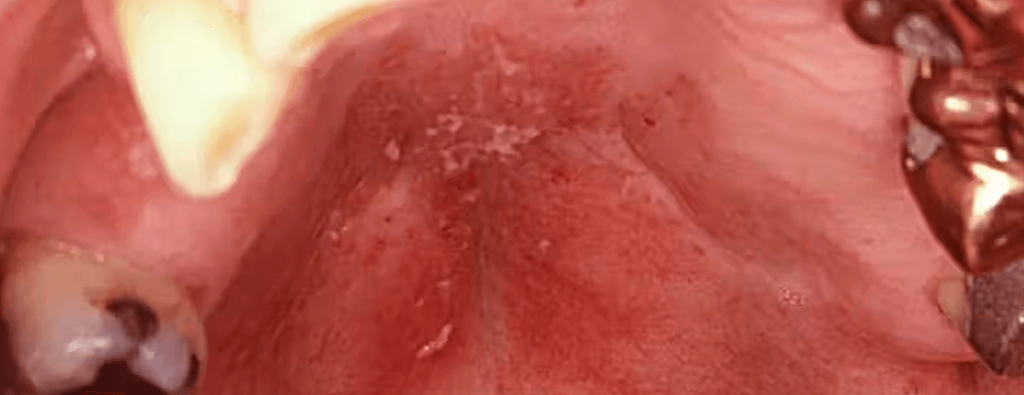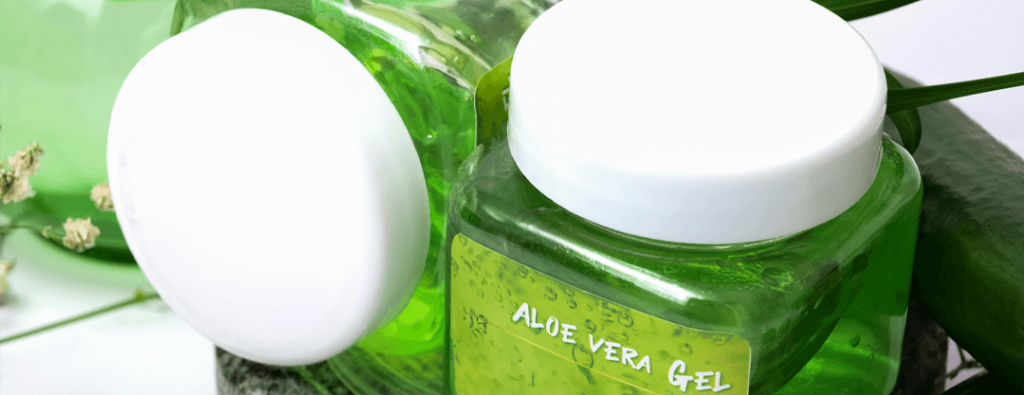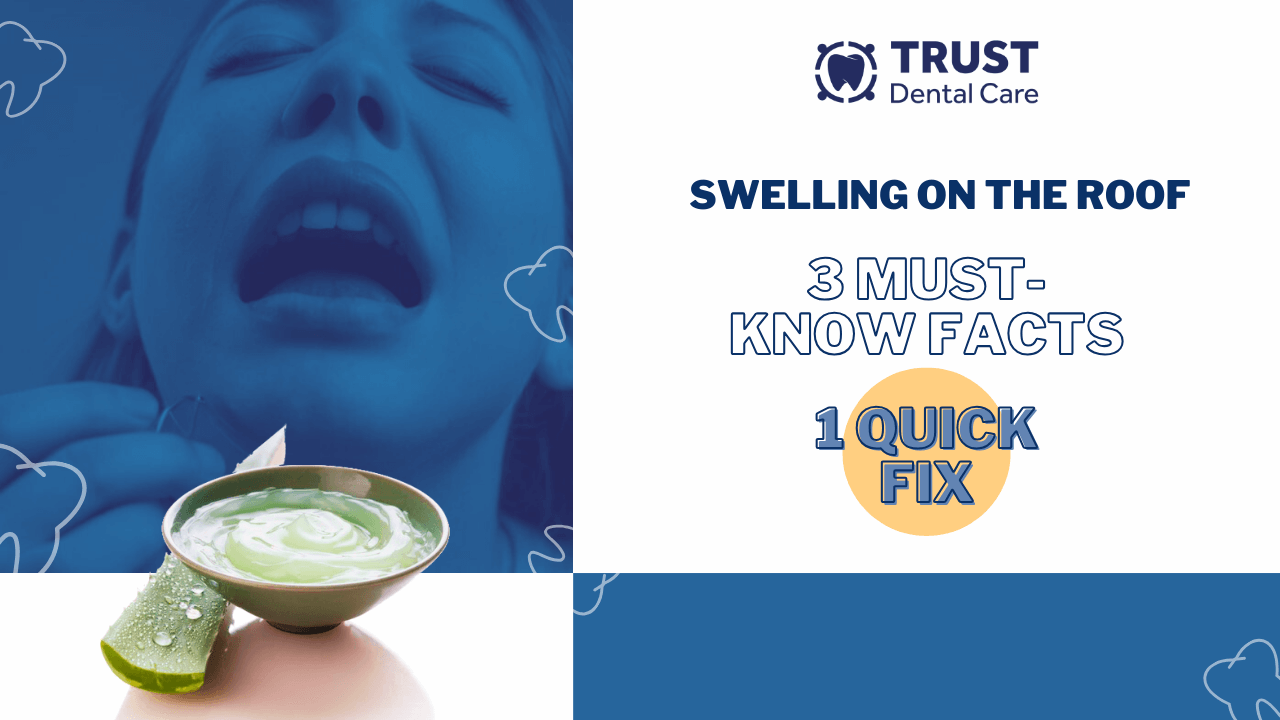Experiencing swelling on the roof of the mouth, also referred to as palatal swelling, can be both alarming and uncomfortable. This article seeks to provide a comprehensive understanding of the various causes, symptoms, and practical home remedies to alleviate swelling in this region.

Causes of Swelling on the Roof of the Mouth
1. Trauma or Injury
- Symptoms: Immediate swelling, pain, or bruising.
- Causes: Accidental bites, burns, or impact injuries to the roof of the mouth. Explanation: Trauma or injury to the mouth, such as biting down on a hard substance or experiencing a burn, can lead to immediate swelling. Impact injuries, especially common in sports or accidents, can result in inflammation, causing discomfort and a noticeable swelling sensation.
2. Allergic Reactions
- Symptoms: Sudden onset of swelling, itching, or redness.
- Causes: Allergens in food, medications, or environmental factors. Explanation: Allergic reactions can cause the immune system to respond aggressively, leading to swelling. This can occur due to the consumption of certain foods, medications, or exposure to environmental allergens. The swelling is often rapid, accompanied by itching or redness in the affected area.
3. Infections
- Symptoms: Swelling accompanied by pain, redness, or pus.
- Causes: Bacterial, viral, or fungal infections affecting the palate. Explanation: Infections in the mouth can lead to swelling as the body responds to combat the invading microorganisms. Bacterial, viral, or fungal infections can cause inflammation, resulting in noticeable swelling, often accompanied by pain, redness, or the presence of pus.
4. Palatal Cysts
- Symptoms: Painless swelling, often with a fluid-filled sac.
- Causes: Blocked salivary glands or mucous retention cysts. Explanation: Cysts on the palate may develop due to blocked salivary glands or mucous retention. These cysts are often painless but can lead to swelling as they grow. The swelling is usually gradual and may be accompanied by the sensation of a fluid-filled sac in the affected area.
5. Dental Issues

- Symptoms: Swelling near the upper teeth, often with pain.
- Causes: Abscesses, impacted wisdom teeth, or gum infections. Explanation: Dental problems, such as abscesses, impacted wisdom teeth, or infections in the gums, can cause localized swelling near the upper teeth. The swelling may be associated with pain and discomfort, requiring attention from a dental professional.
6. Sinus Infections
- Symptoms: Swelling accompanied by nasal congestion or headache.
- Causes: Inflammation in the sinus cavities affecting the palate. Explanation: Sinus infections can lead to swelling on the roof of the mouth due to the interconnectedness of the sinus cavities with the oral cavity. Inflammation in the sinuses can extend to the palate, causing discomfort and a feeling of fullness in the mouth.
Symptoms of Palatal Swelling
- Pain: Swelling on the roof of the mouth can be accompanied by varying degrees of pain.
- Redness: Inflammation often leads to redness in the affected area.
- Difficulty Swallowing: Severe swelling may interfere with normal swallowing.
- Pus or Discharge: Infections can result in the discharge of pus or other fluids.
- Itching: Allergic reactions may cause itching or irritation.
Home Remedies for Swelling on the Roof of the Mouth

1. Cold Compress
- Applying a cold compress can help reduce inflammation and numb the affected area. It’s a simple yet effective method to ease discomfort.
2. Saltwater Rinse
- Gargling with warm saltwater provides a soothing effect, reducing pain and aiding in the reduction of swelling. This remedy is known for its antimicrobial properties.
3. Antihistamines
- For swelling due to allergies, over-the-counter antihistamines may provide relief by combating the allergic response causing the swelling.
4. Turmeric Paste
- Harnessing the anti-inflammatory properties of turmeric, creating a paste with turmeric and water can be applied to the swollen area. This natural remedy may contribute to reducing inflammation.
5. Aloe Vera Gel

- Aloe vera’s soothing properties can be beneficial in reducing swelling. Applying fresh aloe vera gel directly to the affected palate can provide relief.
6. Maintain Oral Hygiene
- Proper oral care, including regular brushing and flossing, helps prevent infections that may lead to swelling. A clean oral environment supports overall oral health.
7. Stay Hydrated
- Adequate hydration is essential for mucous membrane health. Drinking plenty of water can help reduce irritation and promote healing.
8. Avoid Irritants
- Steer clear of hot, spicy, or acidic foods that can exacerbate the swelling. Opt for a diet that is gentle on the palate during the healing process.
When to Seek Professional Help

While home remedies can provide relief for mild cases, seeking professional dental
or medical attention is crucial in certain situations:
- Severe Pain: Persistent and severe pain requires immediate evaluation by a healthcare professional to identify the underlying cause and provide appropriate treatment.
- Pus or Discharge: Any discharge from the swelling may indicate infection that requires professional intervention. Antibiotics or drainage may be necessary.
- Difficulty Breathing or Swallowing: Urgent medical attention is necessary if swelling affects breathing or swallowing. This could be a sign of a severe allergic reaction or a more serious underlying condition.
- Fever: A fever accompanying the swelling may signify a systemic infection that requires medical evaluation and treatment.

Swelling on the roof of the mouth can arise from various causes, ranging from injuries to infections. Understanding the symptoms and applying appropriate home remedies can offer relief in many cases. However, it’s essential to recognize when professional medical or dental intervention is necessary for a thorough evaluation and treatment.
If you’re experiencing persistent or severe symptoms, don’t hesitate to contact your healthcare provider or dentist. They can provide a comprehensive assessment and guide you towards the most suitable course of action for your specific condition.
Remember, maintaining good oral hygiene and being mindful of potential irritants can contribute to preventing swelling on the roof of the mouth. In case of any uncertainty, always consult with a healthcare professional for personalized advice.
Visit Trust Dental Care for a Comprehensive Dental Check-up!
Experience top-notch dental care at Trust Dental Care. Our skilled professionals are dedicated to your oral health. Schedule your appointment today.



